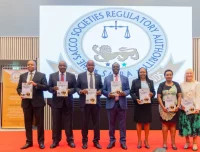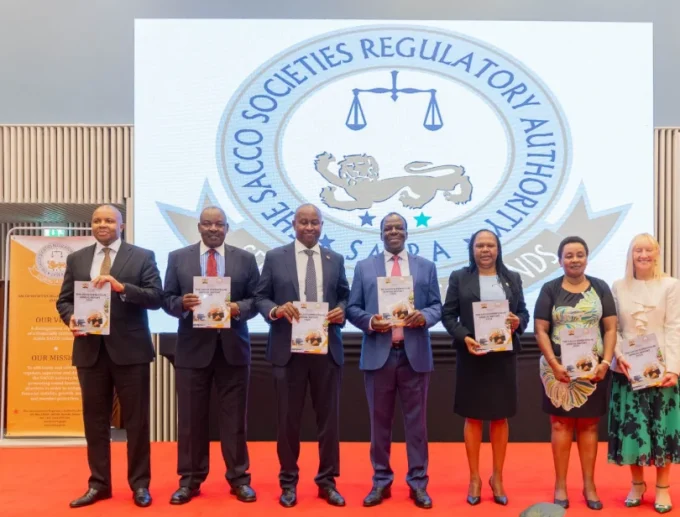The Kenya Bureau of Standards (KEBS) has approved a new code of practice to guide sanitary production and distribution of miraa produce in the country.
The new Kenya National Workshop Agreement (KNWA) – KNWA 2940: 2021, Miraa (Khat) industry Code of practice requires operators in the miraa supply value chain including, miraa growers, propagators, aggregators, transporters, shippers and cargo handlers to observe hygiene practices, ensure sanitary operations, comply with food packaging requirements, keep relevant records and labelling system that demonstrate traceability, while also adhering to relevant regulations including worker’s health, safety, and welfare.
“The code of practice will ensure hygienic production and handling from the farms to final distribution channels. Additionally, the new guidelines will be used by the sector regulators for registration and certification of operators along the entire value chain. This will facilitate businesses to meet market and pre-export sanitary and phytosanitary requirements”, says Lt Col (Rtd.) Bernard Njiraini.
Dating back to the pre-colonial time and mostly grown in Meru County and more recently in Embu County, Miraa was approved as a cash crop in Kenya through the Crop Act 2013 no. 16 with an amendment in 2016.
READ>>>>>Best quality miraa prepared for President Obama
However, there have been concerns raised regarding psychological dependence or addiction resulting from long-term use of Miraa leading to banning of the crop in some countries. Miraa is known to contain Cathaine and Cathionine which are compounds classified and prohibited under the Narcotic Drugs and Psychotropic Substances Act CAP 245 of 1994.
Other challenges being experienced in the sector include unhygienic handling of Miraa and Miraa products posing safety risks to consumers.
READ>>>>>Billion-Shilling Trade Opportunities Between Kenya and Somalia
The code of practice was developed in consultation with the Ministry of Industrialisation, Trade and Enterprise Development (MoITED), the Ministry of Agriculture, Livestock, Fisheries and Cooperatives – Crop Directorate, Agriculture and Food Authority (AFA), Pharmacy and Poisons Boards (PPB), Government Chemist, the Kenya Plant Health Inspectorate Service (KEPHIS), among other stakeholders.

![The new standards are meant to enhance hygiene in production and distribution of miraa in Kenya. [Photo/ Washington Post]](https://businesstoday.co.ke/wp-content/uploads/2021/06/washington-post.jpg)
![A KCB Bank outlet. The bank and its subsidiary, National Bank of Kenya, were among the big winners at the Think Business Awards gala ceremony. [Photo/ Majira Digital Media]](https://businesstoday.co.ke/wp-content/uploads/2021/06/KCB-Agent-150x150.jpg)
















































![Pula Co-Founders and Co-CEOs, Rose Goslinga & Thomas Njeru. Pula provides agricultural insurance and digital products to help smallholder farmers manage climate risks, improve farming practices and increase their incomes. [ Photo / Courtesy ]](https://businesstoday.co.ke/wp-content/uploads/2021/01/Pula-Co-Founders-and-Co-CEOs-Thomas-Njeru-Rose-Goslinga.jpg)



























































Leave a comment